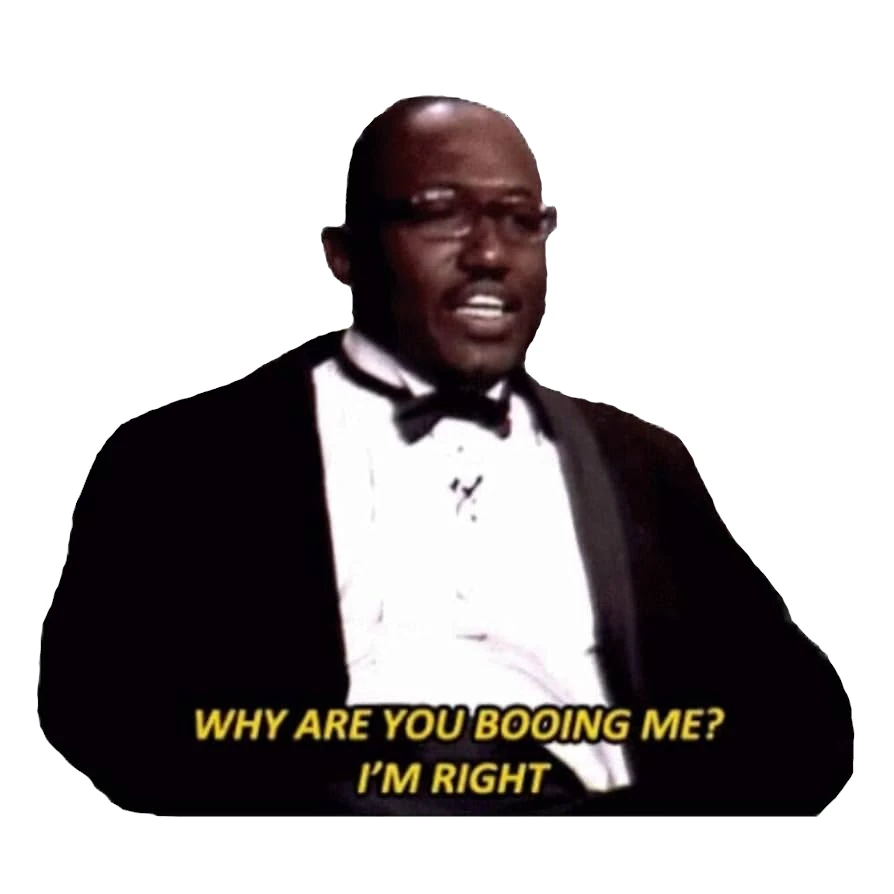Many people are now talking about the “death of the ad-supported internet model,” and I can only say that it can’t come quickly enough.
The main reason why it all switched to ad-supported is the massive costs of storing and streaming all that high-definition video. And for what? So I can see every pore on Joe Rogan’s face while he sits in front of the mic and talks for 3 hours?
Or so that some video game dweeb can read his essay about why an obscure JRPG is the height of postmodern art over 30 minutes of game footage. Or all the channels trying to imitate Kurzgesagt with shitty animation and information they gathered from browsing Wikipedia.
Face it. Most of this video is unnecessary. 99.9% of all possible information can be relayed through text, pictures, and the occasional sound file.
Furthermore, most video content creators are unnecessary too. I can just read about a laptop’s specs and the reviewer’s experience with it. I don’t need LinusTechTips to stare at me with his reptilian eyes while he destroys the inferior product with an oversized novelty mallet.
Most of what’s on YouTube and other video-heavy social sites is not insightful, not creative, not informative, not fun, not sexy, and honestly shouldn’t exist at all.


Orally doesn’t mean audio. Orally means in person communication.
Audiobooks are fine. I’d say still inferior to actual books because they require equipment and a large time commitment. Great for accessibility however.
Additionally, in your rush to paint me as some blind people hating ableist you seem to have forgotten that Braille is a thing.
It would actually be interesting and informative to hear from some actual blind people about which they prefer and which mode of delivery — audio or Braille — allows them to process information faster.
Audiobooks and podcasts are great for me because I use them while running. I’m learning a ton about history lately, but sometimes it’s nice to read a novel while exercising and obviously cannot hold a book.
I’m sure video plays a similar role for a lot of people’s use case. Particularly younger generations likely engage better with it due to ubiquitous presence as they grew up. Though that may have been bad for their attention spans with things like tik tok.